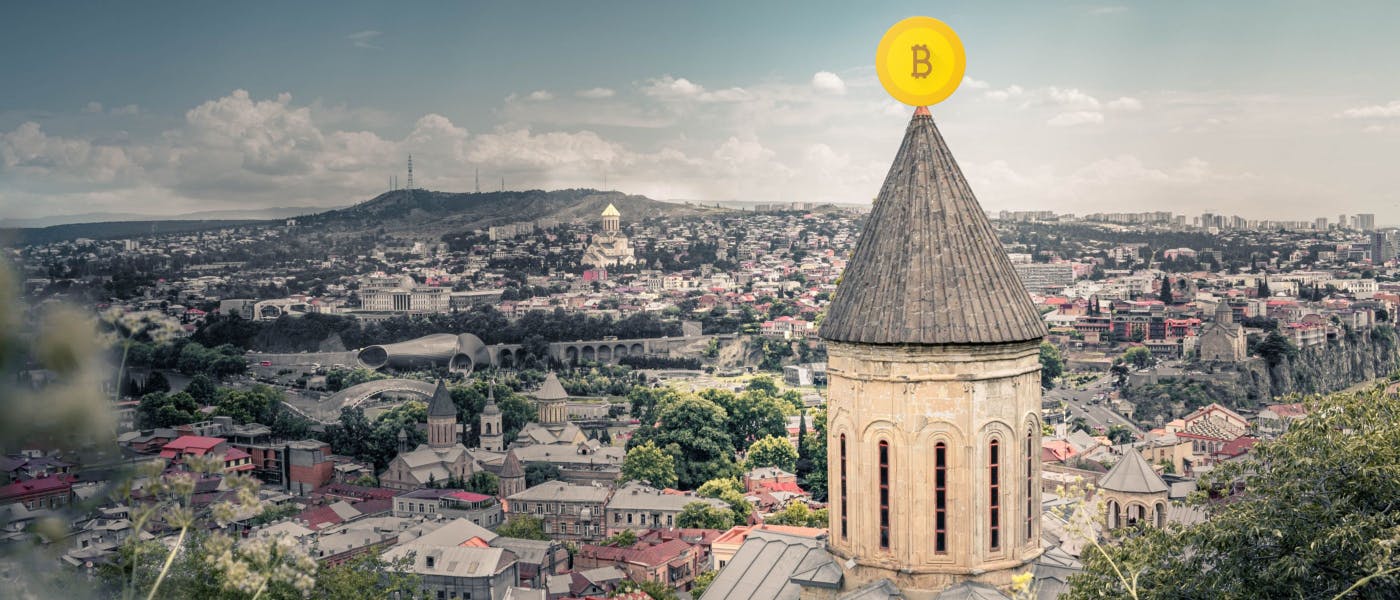441 reads
Blockchain Adoption in Developing Nations is more Realistic
by
October 14th, 2019
I'm a beginner Software developer from Georgia with a big love for all things blockchain!
About Author
I'm a beginner Software developer from Georgia with a big love for all things blockchain!
